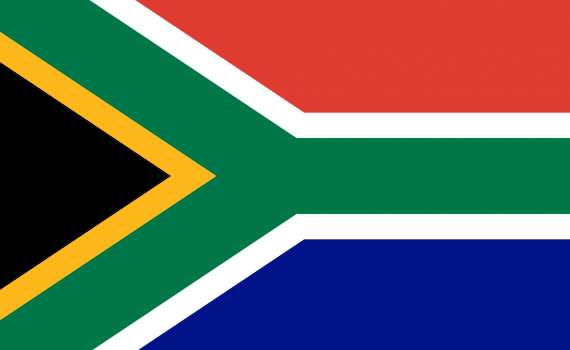
In June 2020, South Africa’s President decided not to sign into law two Bills, the Copyright Amendment Bill (CAB) and Performers’ Protection Amendment Bill, citing reservations about the constitutionality of some sections of the Bills. Instead, President Ramaphosa returned the Bills to the National Assembly, requesting the Assembly to reconsider the issues.
The President’s actions were widely seen as the result of pressure by copyright industries, and the threat of trade sanctions and reduced future investment from the United States and the European Union.
Fresh consultations
Consequently, in June 2021, the National Assembly’s Portfolio Committee on Trade and Industry invited stakeholders to submit comments in response to the Presidents’ reservations about the Bills, including in the CAB, on the fair use provision (section 12A); specific exceptions for educational institutions (section 12D); libraries, archives, museums, and galleries (section 19C); and people with disabilities (section 19D), as well as alignment of the Bill with South Africa’s obligations in international treaties.
In its letter to the Portfolio Committee in support of the CAB, EIFL reiterated its position that the exceptions in the Bill are consistent with South Africa’s treaty obligations, described how the exceptions are modelled on provisions in the copyright laws of developed countries with strong creative sectors, and illustrated with examples from Australia, Israel, the European Union, the United Kingdom and the United States.
Re-tagging - more delays ahead
A further issue raised by the President was procedural. According to the President, the Bills should have been classified and passed as ‘Section 76’ Bills instead of ‘Section 75’, on the basis that the provisions have an impact on trade and cultural matters.
However, as recently as May 2021, the Parliamentary Legal Advisor confirmed that the Bills were correctly tagged as Section 75 since intellectual property is a national competency, and in her opinion, they do not fall within the functional areas of trade or cultural matters, among other reasons. In the four years since the Bills were introduced to the National Assembly, no concerns on the issue of tagging were raised by any party. (For a further discussion on tagging, see Scholarly Horizons blog.)
On 18 June 2021, however, the parliamentary committee that decides on the classification of Bills, known as the Joint Tagging Mechanism, decided to follow the President’s letter and to re-classify the Bills as Section 76 Bills.
The procedural change matters hugely. It could result in significant delays, and could completely change the carefully crafted provisions in the Bills to the detriment of libraries, education and people with disabilities. A Section 76 Bill must be discussed in each of the nine provincial legislatures. In addition, a provincial Committee may decide to hold public hearings and make recommendations for amendments, before giving a voting mandate to their delegate at the National Council of Provinces.
In his letter to the National Assembly, President Ramaphosa was “mindful of the noble objectives of the amendments” to increase access to information, and he hoped that the objectives could be achieved in a way that accommodates blind and visually impaired people, educators, students and other beneficiaries of the new law.
Sadly, such an outcome is starting to look further away than ever.
Read EIFL’s letter to the Portfolio Committee on Trade and Industry, July 2021.
Further background
On a knife edge? South Africa’s new copyright law (August 2020).
SHARE / PRINT









